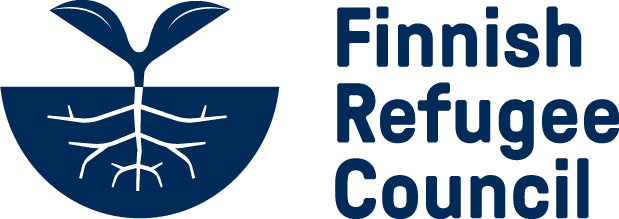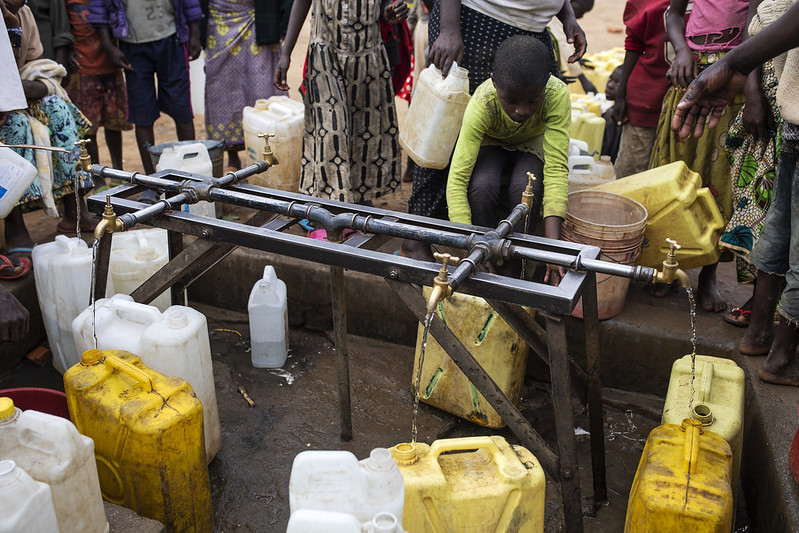During the coronavirus pandemic, refugees have been increasingly vulnerable in refugee camps over the past two years, where overcrowding, poor sanitation, and inadequate information have increased the risks of infection. The pandemic has also posed challenges for implementing FRC’s work, such as trainings, in our operating countries in Ethiopia, Uganda, and Myanmar. Although the worst phase of the pandemic is now behind and almost all restrictions have been lifted in our countries of operation, the effects of the pandemic on the lives of refugees are still visible. In particular, the consequences of strict restrictions have been heavy.
Outi Perähuhta, the adviser in our international program, says that one of the most significant impacts of the pandemic has been the deterioration of refugees’ livelihood and food security. Many refugees sell different products, such as self-grown vegetables, in the marketplace to ensure their livelihood. When the movement of people was restricted, cultivation, as well as trading of farmed products became very difficult. At the same time, transport restrictions caused food prices to rise dramatically.
During the pandemic, negative means of survival, such as child marriage, have increased due to financial difficulties. The situation of refugee women and girls has been very difficult during the pandemic, Perähuhta emphasizes.
“The coronavirus has had a significant impact on women’s and girls’ rights. Domestic violence has increased all over the world during the coronavirus outbreak, including our countries of operation. Pregnancies among youth have also increased due to a lack of information and training on contraception”.
After school closures, many refugee girls’ schooling has been completely interrupted by pregnancy, early marriage, or child labor. Luckily, those girls who have not returned to school have been able to continue studying in FRC’s trainings.
Although the past few years have been challenging, they have highlighted the importance of our work in the lives of refugees. By strengthening the resilience of refugees through training, their ability to act and their effectiveness in similar crises will also grow.
“For example, literacy training plays an important role in such situations. Only by reading can one understand official guidelines, get reliable information, and develop new ideas,” Perähuhta says.
In Uganda, the strengthening of the resilience of refugees was demonstrated in concrete terms. Due to restrictions on movement, FRC’s staff were unable to go to the capital Kampala to supervise the trainings. However, the leaders of the refugee communities ensured that the facilitators selected from among the community continued the trainings independently.
“The response of the leaders of refugee communities shows that they have seen the importance of FRC’s work. They wanted to ensure that the training continued despite the coronavirus,” Perähuhta sums up.
Read more about our work in Ethiopia, Uganda, and Myanmar.


